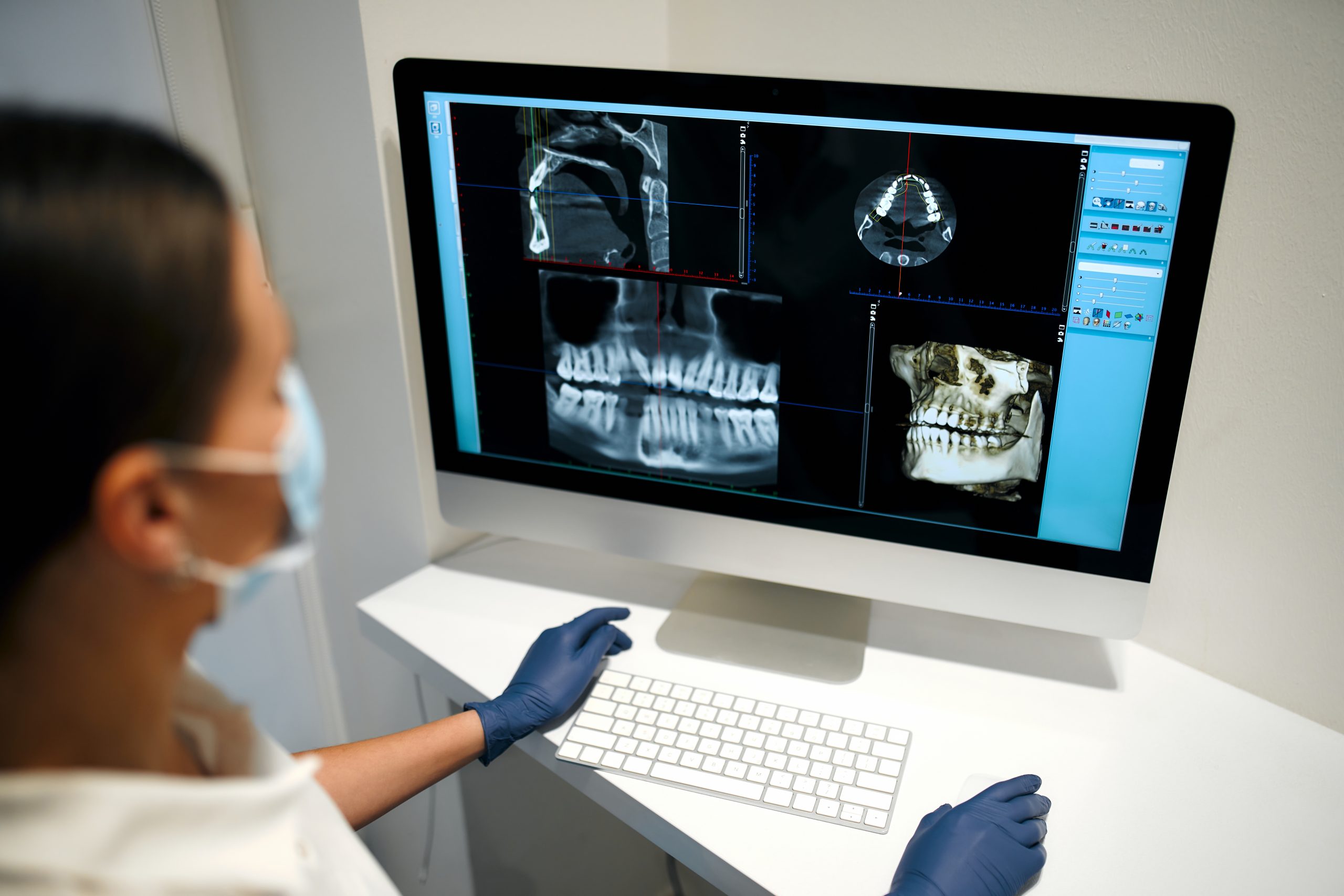
The short answer is yes. Flossing is an important part of oral care, from preventing cavities and bad breath to keeping your whole self healthy.
The history of flossing
Floss was introduced in the United States in the early 1800s and was made of waxed silk thread. Before that, people used various methods to clean their teeth, from “chewing sticks” to toothbrushes with bristles made from boar hairs.
Once flossing was introduced, it was advised that people should floss two to three times a day. This proved to be both invasive and unnecessary. Today’s dentists recommend flossing once a day, which is sufficient to remove food particles and plaque build-up as part of routine dental care.
Source: How often should I floss my teeth? – From MouthHealthy.org
Why floss?
In addition to brushing, flossing helps remove food particles and prevents plaque buildup. Without this, bacteria can build up, increasing the risk of bad breath, tooth decay, gum disease, and even more serious problems. In fact, gum disease and other periodontal conditions have been linked to diabetes, heart disease, and even blood infections.
Flossing also gets small bits of food from in between your teeth when you can’t brush right away. Having something stuck between your teeth is not only unsightly; it is also uncomfortable and unhygienic.
Cavity prevention
If you want to avoid cavities, flossing is very effective in this effort. A small piece of food—especially anything sugary—can result in plaque forming within two days. So get that little piece out of there!
Challenges
Flossing with orthodonture can be a little more difficult, but it is still important. You can easily find threaders that allow you insert the floss between teeth and braces wire or retainer. Not only will you get the gunk from between your teeth, but also anything that collects under or around the braces bands or wires.
The first time you floss after not having done it for a while (or ever), there will likely be some blood. However, this will stop almost immediately once you get into the habit of flossing and your gums become accustomed to it. Flossing regularly can also make dental exams more comfortable.
Before or after?
It is generally recommended to floss before brushing. While thorough brushing removes plaque and food bits, even the best bristles can’t reach all the way between teeth. Experts recommend flossing first to loosen and remove the hard-to-reach debris between teeth, and then brushing to make sure everything gets swept away. Rinsing after both steps makes them extra effective for getting your mouth really clean.
Source: Feeling Guilty About Not Flossing? Maybe There’s No Need – The New York Times (nytimes.com)
Ask the experts
The great dental team at Modern Family Dentistry can show you the most effective methods of flossing for your particular oral care needs. Call (757) 483-4700 to make an appointment today to keep your smile bright and your whole mouth as fresh and clean as possible.
